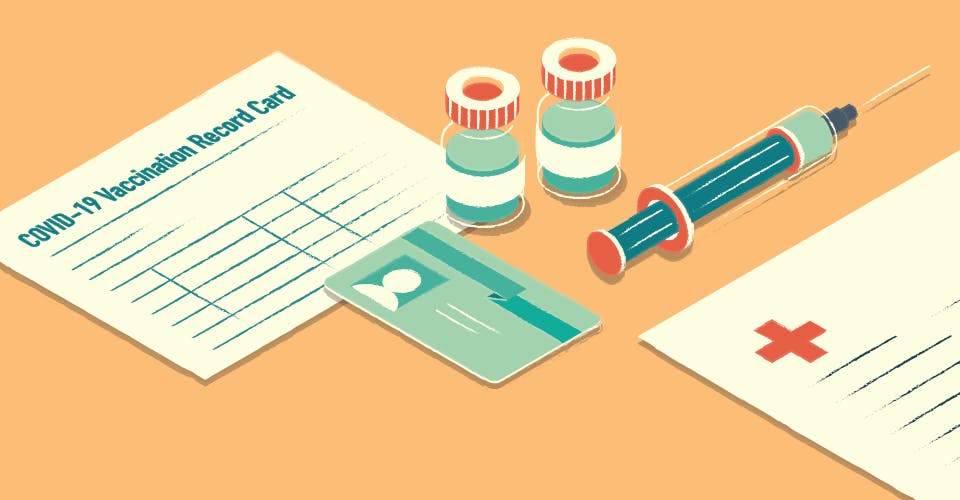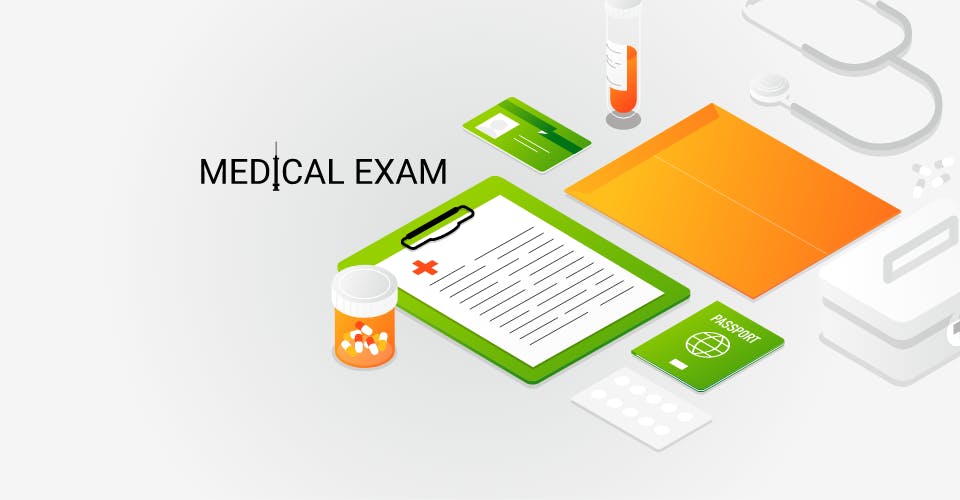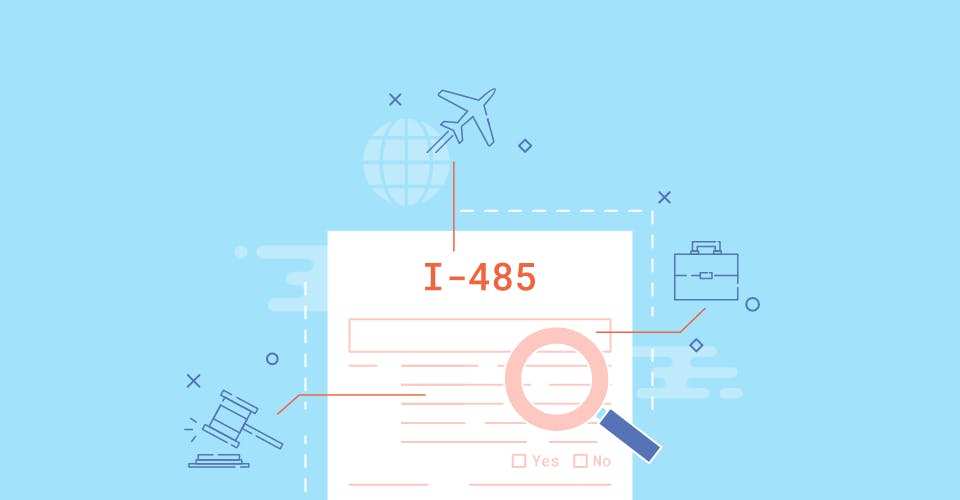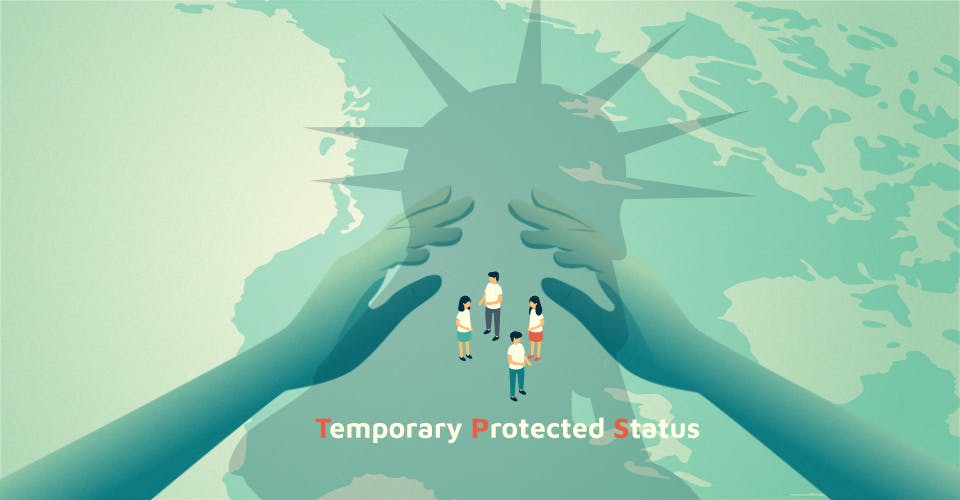According to Bloomberg, an international news agency, 487 million doses of vaccine have been administered in the United States. Approximately 1.7 million doses are administered on a weekly basis as of December 15th.[1] The U.S. right now is actually a global leader in the amount of vaccines that have been administered. Yet with so many doses being given around the country, there still remains many individuals who are opposed to the vaccines and the idea of getting jabbed.
Covid-19 vaccination is now becoming part and parcel of many different aspects of a functioning society. For example, you need to show proof of your vaccination in order to dine in at any restaurant or bar in New York City. In order to travel to many different countries in Europe, Asia, and Latin America, you also need to show proof of vaccination for a smooth entry process. And in terms of U.S. immigration, the USCIS has added Covid-19 to their list of immunizations that physicians are required to check for before signing off on an adjustment of status medical exam—see here.
This means that if you are applying for an adjustment of status and still need to get your I-693 form signed, Covid-19 vaccination questions will be asked for each applicant. This begs the question if there is any way of getting around vaccination if you are a green card applicant, and how this might play out for those who are opposed to vaccination.
Discretion
First off, the issue revolves around the discretion of the panel physician who is giving the medical exam in the first place. Even though physicians are now required to ask about someone’s vaccination status, and can easily deny signing their I-693 if the applicant refuses to get a vaccine, an applicant could also claim they have already recovered from the virus and therefore have some immunity. If this is the case, physicians are still mandated to immunize applicants in order to sign off on their forms. In other words, recovering from Covid-19 might be evidence that you have some immunity, but the policy is still unchanged from the perspective of USCIS and the Department of Human Health and Safety (HHS).
Alternatively, although it is rare, applicants can claim a religious exemption to getting vaccinated. Physicians in this circumstance would be obligated to first check the legitimacy of such a request with evidence provided such as a note from a religious leader. If this is the case, physicians would need to honor such an exemption, however it should be noted that any physician will scrutinize over the evidence provided to make sure it is actually legitimate.
Aside from these two hypotheticals, the USCIS now considers those who are unvaccinated to be violating the health-related grounds of inadmissibility charge.














